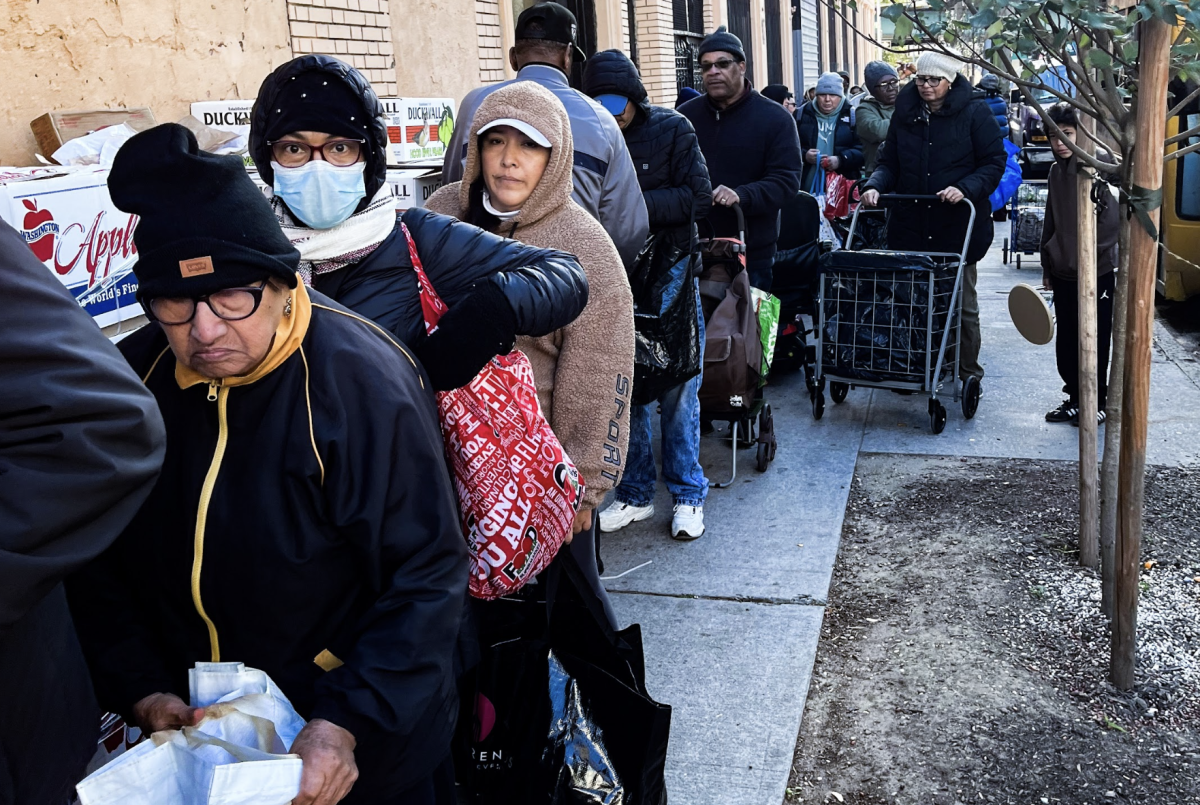Over the course of the past several weeks, I have engaged in many discussions about whether Catholic organizations should be required to provide birth control and other reproductive health services as part of the insurance plans offered to their employees. I have still not formed a concrete opinion on this subject. I have, however, reached a conclusion on a dif–
ferent subject after reading an opinion piece in the Tulane Hullaballoo’s Feb. 17 issue. The author argued that not providing students immediate access to contraceptives and various forms of birth control represented a direct health risk to students. She further argued that universities that failed to do such things as hand out condoms and other methods of birth con- trol were ignoring the reality that its students have sex, thus endangering their health.
I take issue with this argument. The first implication is that institutions that do not provide such services, such as universities affiliated with the Catholic Church, bar their students from receiving such services. This is an absolute falsehood.
Just because a university does not provide students with free condoms (I here cite the example of Tulane’s “Hump Day” tabling on Wednesday in the LBC, where student volunteers hand out free condoms to passing students) does not mean that they forbid a student from using them. I agree that information and services related to sexual health are important, but that doesn’t necessarily mean that it is the role of my university to provide that for me. Students who attend Catholic institutions should enter with the expectation that they will have to go elsewhere to receive these services, and their enrollment should constitute an understanding that that is the case.
Catholic universities are set apart from other universities by their affiliation with the Catholic Church. This provides many opportunities for their students but also requires that the university’s policies will reflect those of the church. The Catholic Church has taken well-known and controversial stances on the subjects of birth control, contraception and abortion. This does not necessarily mean that all of their students will agree with those stances. The fact of the matter is that Catholic institutions, in my opinion, are incredibly tolerant of differing opinions and welcome students from all different backgrounds with any (or no) religious beliefs.
Does this mean that these (in this case, Catholic) universities should change their policies so as to accommodate all students? If the policy was inva– sive and directly harmful to students, then a change should be considered. But does choosing not to provide condoms represent a direct harm? Hardly. I am therefore forced to conclude that these institu– tions should encourage their students to follow the teachings of the institution they are aligned with but should not force them to. It is ultimately up to an in- dividual to decide how he or she will act. It is not the role of the university to act as an overly protective par- ent but rather for students to take their health into their own hands.
Garrett Fontenot is a history senior. He can be reached at gafonten@loyno.edu













